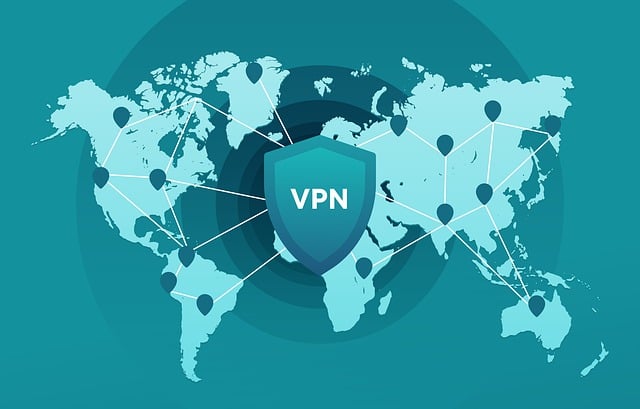Is Using a VPN in the UAE Illegal?

The use of Virtual Private Networks (VPNs) has become increasingly popular worldwide for enhancing online privacy, security, and accessing restricted content. However, in the United Arab Emirates (UAE), the legal status of VPN usage is a complex and often misunderstood topic. This article aims to clarify the legality of using a VPN in the UAE and the potential risks involved.
Legal Framework of VPN Use in the UAE
1. Federal Law No. 5 of 2012
In the UAE, the primary legislation governing cybercrime is Federal Law No. 5 of 2012 on Combating Cybercrimes. This law was amended in 2016 to address the misuse of VPNs. The amendments specifically target the use of VPNs to commit crimes or to mask the location for illegal activities.
2. Amended Law Provisions
According to the amended law, using a VPN to hide your IP address for the purpose of committing a crime or to bypass the UAE’s internet censorship is illegal. The law states:
- Fines and Imprisonment: If a person uses a VPN or proxy server to commit fraud or any other crime, they can face imprisonment and a fine ranging from AED 500,000 to AED 2,000,000.
When is Using a VPN Legal in the UAE?
Using a VPN in the UAE is not outright illegal. It is the misuse of VPNs that the law targets. Legal and acceptable uses of VPNs include:
1. Business Use
Many businesses in the UAE use VPNs to secure their internal communications and data, especially when employees are working remotely. This use is generally accepted and not targeted by the law.
2. Personal Privacy
Using a VPN for personal privacy to protect your data on public Wi-Fi or to safeguard sensitive information is generally not problematic, as long as it is not used for illegal activities.
3. Accessing Geo-Restricted Content
While accessing geo-restricted content (like international Netflix libraries) using a VPN is not specifically illegal, it is in a gray area. The UAE authorities primarily focus on preventing access to content that violates local regulations and cultural norms, such as gambling sites or adult content.
Potential Risks and Consequences
1. Using VPNs for Illegal Activities
If you use a VPN to engage in activities that are illegal in the UAE, such as accessing banned websites, engaging in cybercrime, or conducting financial fraud, you are at risk of severe penalties, including hefty fines and imprisonment.
2. Detection and Monitoring
The UAE has sophisticated monitoring systems to detect VPN usage. If your VPN use is flagged for suspicious activity, you could be subject to investigation.
Best Practices for Using a VPN in the UAE
If you decide to use a VPN in the UAE, consider the following best practices to minimize risks:
- Choose a Reputable VPN Provider: Select a well-known VPN service that has strong encryption and a strict no-logs policy.
- Avoid Illegal Activities: Do not use a VPN to access illegal content or engage in any activities that are prohibited under UAE law.
- Understand the Risks: Be aware of the legal implications and use VPNs responsibly to avoid any potential issues with the authorities.
- Stay Updated on Laws: UAE laws regarding internet use and VPNs can change. Keep informed about the latest regulations to ensure compliance.
Conclusion
Using a VPN in the UAE is not inherently illegal, but its misuse for illegal activities is strictly prohibited and can lead to severe penalties. Legal uses, such as securing business communications and protecting personal privacy, are generally accepted. To avoid any legal trouble, it is crucial to use VPNs responsibly and stay informed about the current laws and regulations. By adhering to these guidelines, you can safely and effectively use a VPN in the UAE.
Loading newsletter form...






